The need to achieve a fair work life balance in the modern society can seem to be an elusive dream. Long hours of work, the hectic rhythm of due dates, and the constant urge to be ever-present are likely to invade the time spaces when families can spend time together, enjoy themselves, and sleep.
However, there are also empirical examples that professional demands and personal well-being may be reconciled in a number of modern nation-states. These nationalities adopt adaptive steps and high holiday allowances, thus giving more weight to happiness in the same ladder to productivity.
In the next synthesis, seven jurisdictions that demonstrate the best of work-life balance across the world are summarised briefly.
1.Finland – A Leader in Happiness and Balance
Finland continues to rank at the highest ranks in the subsequent happiness indices across the world, and this aspect is mostly explained by the unique approach that the country had developed to balance the work commitments and their welfare as individuals. Modern empirical studies indicate that the country upholds a standard 35 to 40-hour workweek, but ironically grants its citizenry substantial freedom in working hours, with extravagant parental leave benefits and is generous and state-based social welfare nets. It is the combination of these infrastructural provisions that generate a social context in which vocational commitments are not hostile to but complementary to individual wellness.
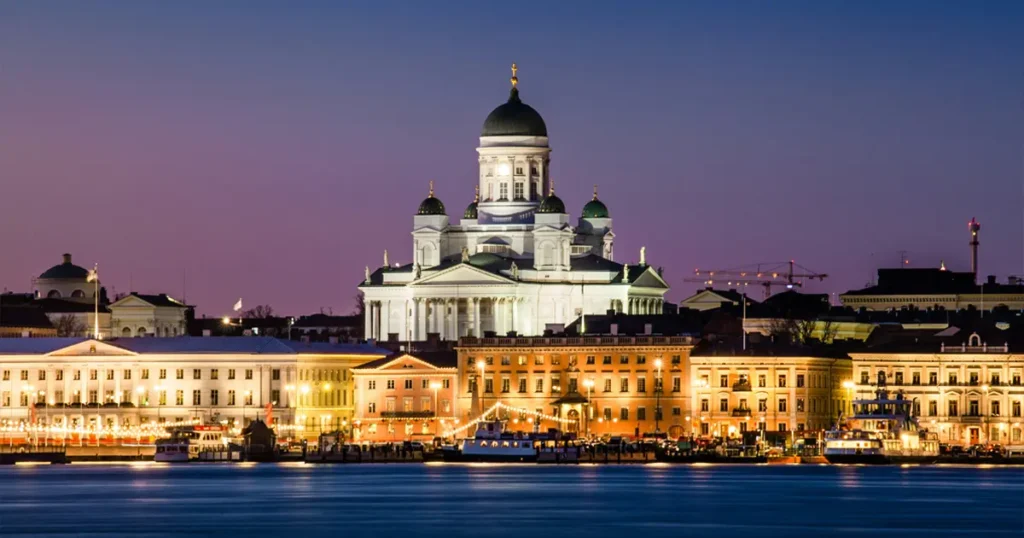
Finnish spirit of sisu, which is a native concept describing stoic endurance, never-giving-up attitude and spirit of survival, is a culture that acts as a guide to citizens to a humbled and balanced way of living. Such psychosocial paradigm supports simpliciteness and hypocriticizes the temptation of excessiveness thus, establishing a shared sensitivity to moderation of living. In this way, the functioning of sisu is not a personal virtue but a communal oath of this balance in the society.
The Finnish residents often have free-time practises that are characterised by an in-depth involvement in nature, which plays a restorative and cosmological role. Such tours offer a physical attachment to the geomorphological history of the country that enables people to draw a distinct boundary between time occupation and family rest. As a result, the people balance their daily responsibilities with good inter-personal communication, thus maintaining a long-term nexus of nature, family ties and self-actualization.
2.Denmark – Embracing Hygge and Family Time
Denmark presents a model of work-life balance, in which a visible focus on leisure and productivity is the social ethics. The traditional week of about 37 hours gives Danishers the bandwidth needed to devote evenings and weekends to family activities, thus establishing the cultural ideal of a balanced life.
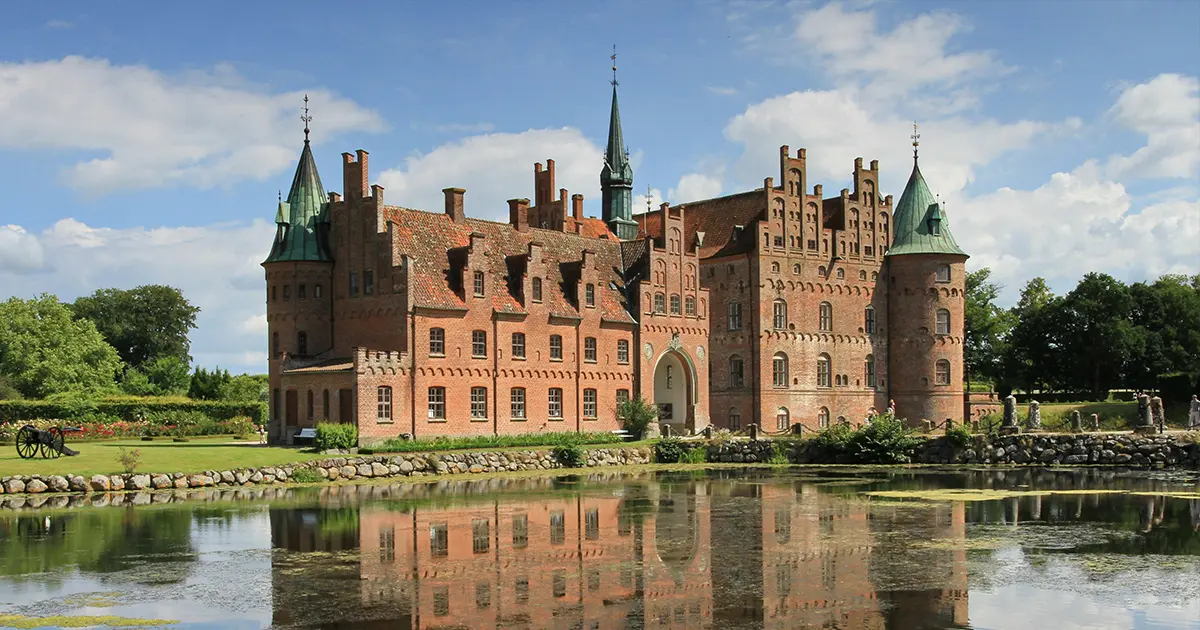
The structural pillars of the labour market in Denmark include flexible working schedules, long leave policies and a strongly conservative culture of overtime. The more relaxed spirit of the so-called hygge, which refers to a warm, stress-free atmosphere, also brings home the idea that leisure and personal time are not the details of daily life.
3.Netherlands – Shorter Workweeks and Flexible Work Culture
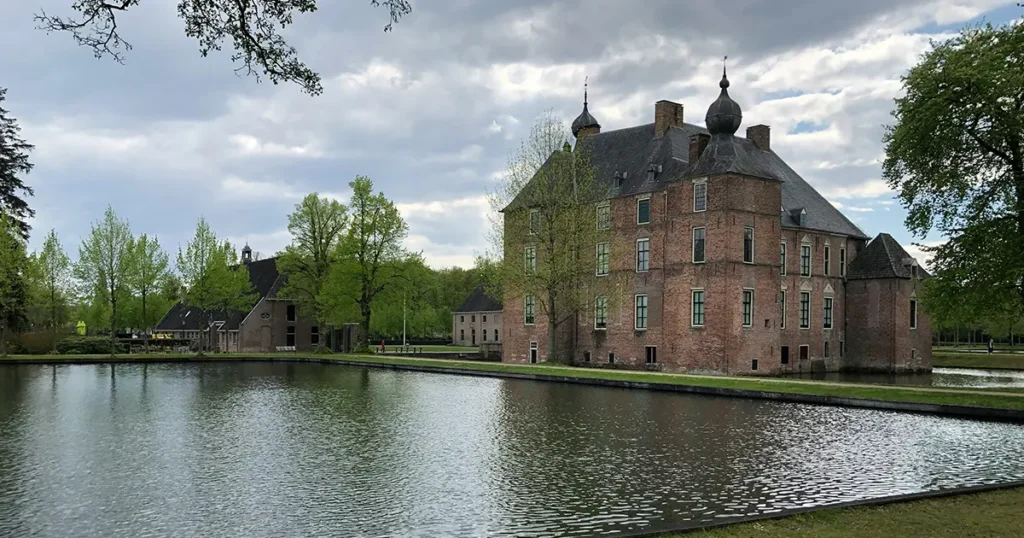
The spread of part-time employment in the Netherlands even among highly skilled professionals allows a significant share of the labour force to commit about thirty or thirty-five hours per week to their professional pursuits. This sort of setup leads to interest in outdoor activities, cycling which is a geography ingrained practise in the national culture and also in social interactions and the development of family time. Furthermore, business organisations in the Netherlands usually maintain high work and personal-life boundaries, and it is rare to find an employee responding to electronic mails beyond the official working hours.
4.Norway – Social Welfare Meets Outdoor Lifestyle

Norway, with its advanced combination of economic activity and a strong dedication to social security, gives its labourers a chance to work less without losing productivity or efficiency. Given generous vacation benefits and a cultural spirit that idolises friluftsliv, or closeness to and active experience of nature, Norwegians have the right to ski, hike, fish, and carry out various outdoor activities in the leisure time.
5.Sweden – Productivity and Well-Being Go Hand in Hand
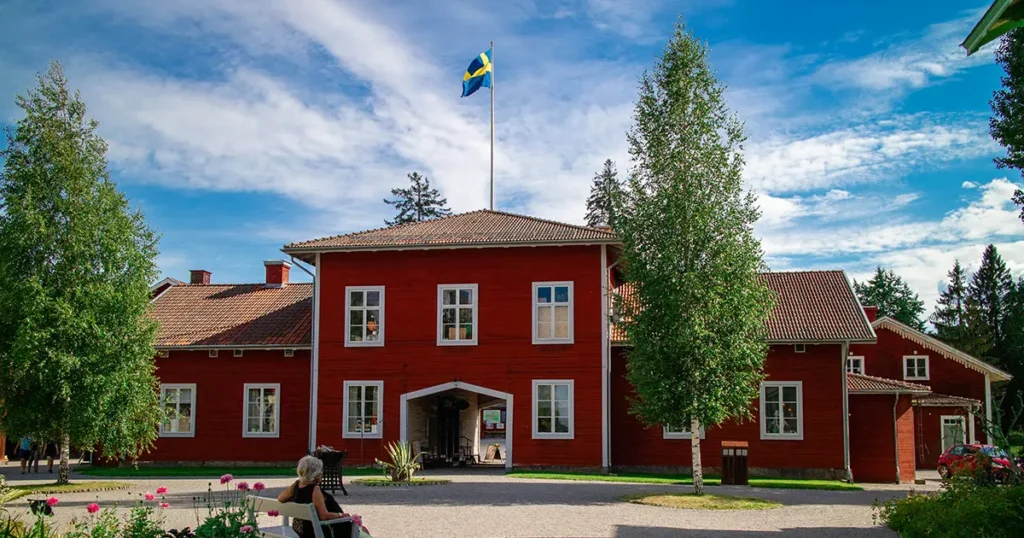
Sweden is known for experimenting with shorter working days and fostering employee well-being. The cultural practice of fika, a coffee break shared with colleagues, shows how relaxation can be part of the workday. With long parental leave and a focus on workplace equality, Sweden enables employees to thrive professionally while enjoying family life and personal interests.
6.Germany – Efficiency Without Sacrificing Personal Time
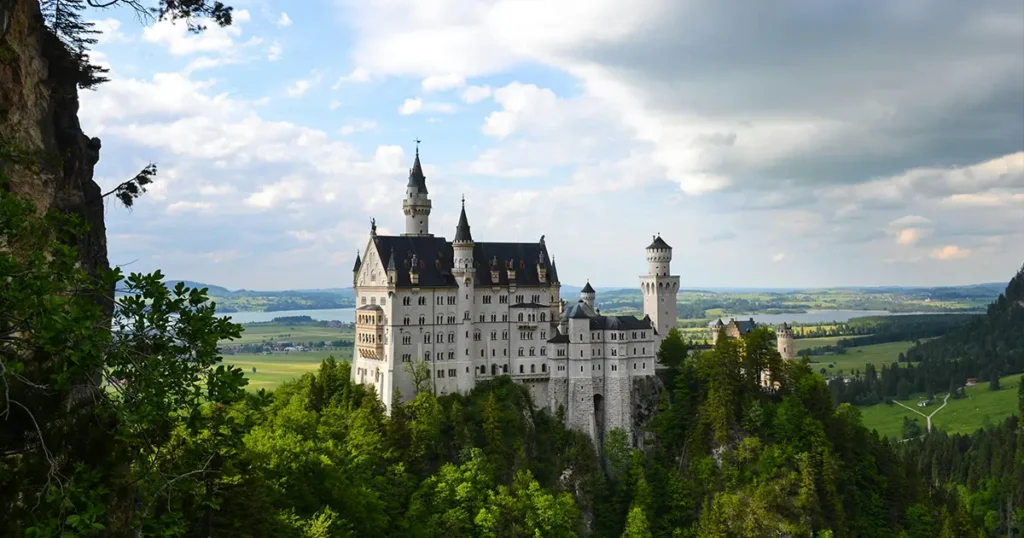
Germany is known to have a highly efficient work culture in the world but its people highly value their own personal leisure and are in opposition to extending the working day to what would otherwise be considered personal hours. Organisations that frown upon the practise of engaging employees outside the normal office hours take a multi-layered approach to this issue. Moreover, paid leave and statutory public holidays are generous and give the population a chance to travel, strengthen the family, and enjoy recreational activities, which introduces a consummate balance between work-related life and personal health.
7.New Zealand – Flexibility and Natural Beauty

New Zealand has become an object of scholarly attention in terms of its elastic employment paradigms, especially the introduction of four-day workweek in a part of enterprises. Its spectacular geography inspires a range of outdoor activities- hiking to surfing, and meditative seafront relaxation. The nature of coexistence of work-life equilibrium plays out organically in this sense, where corporate production and personal health are given equal significance.
What Is the Average Workweek in Countries with Excellent Work-Life Balance?
Countries that prioritize work-life balance typically have shorter workweeks ranging from 30-40 hours, allowing employees to focus on personal time, hobbies, and family. The Netherlands leads with an average of just 29 hours per week, followed by Denmark, Norway, and Germany at 35-37 hours.
How Parental Leave Supports Work-Life Balance
Generous parental leave policies in these countries give parents the opportunity to care for their newborns without sacrificing their careers. This reduces stress, promotes mental well-being, and strengthens the bond between family and work life.
Final Thoughts
If you’re dreaming of a more balanced life, these countries prove that work-life balance is achievable. From shorter workweeks to generous holidays, nature-centered lifestyles, and strong family values, they offer inspiration for anyone seeking to harmonize career success with personal happiness.
Swapnil is a passionate writer who specializes in creating engaging and informative articles. With a knack for storytelling, he covers a wide range of topics, providing readers with valuable insights and fresh perspectives. Whether it's about trends, lifestyle, or creativity, Swapnil's writing aims to educate, inspire, and entertain.

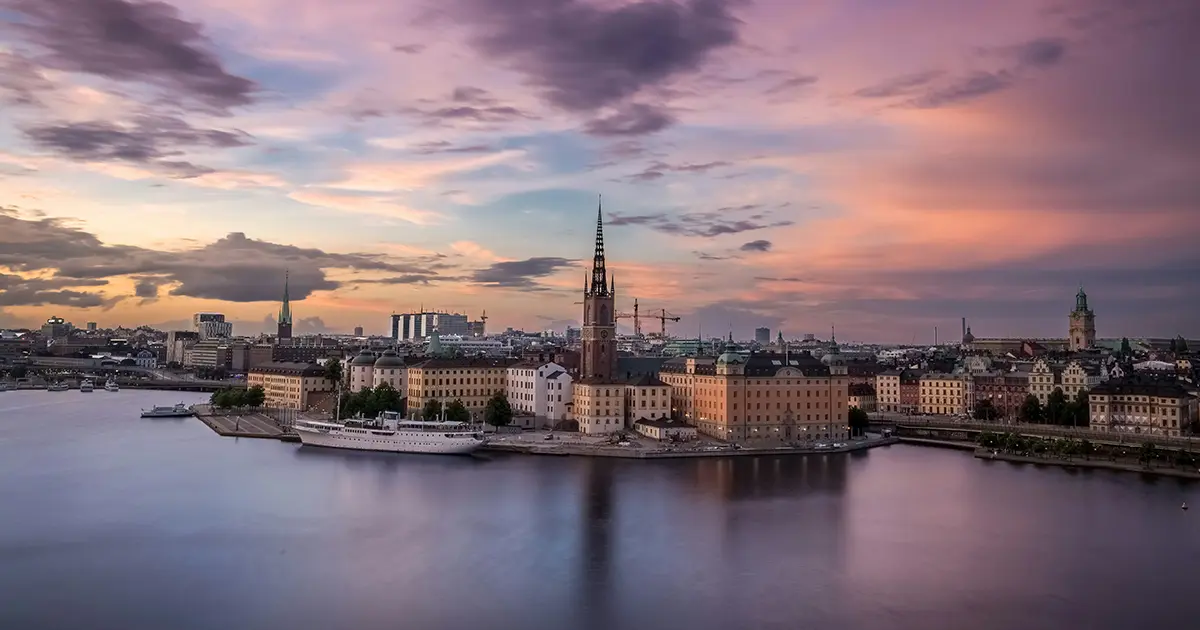

pfylno
Thank you for your sharing. I am worried that I lack creative ideas. It is your article that makes me full of hope. Thank you. But, I have a question, can you help me?